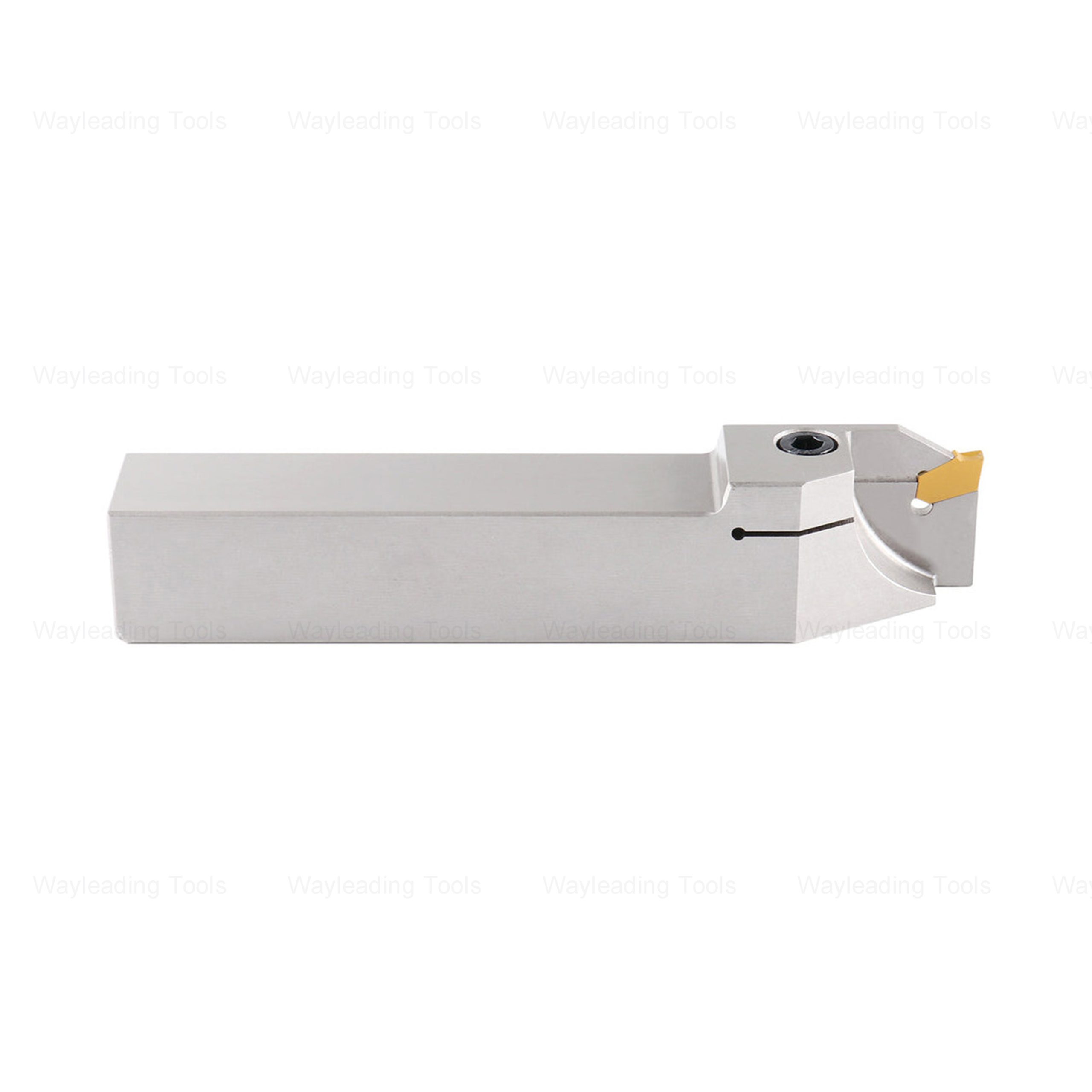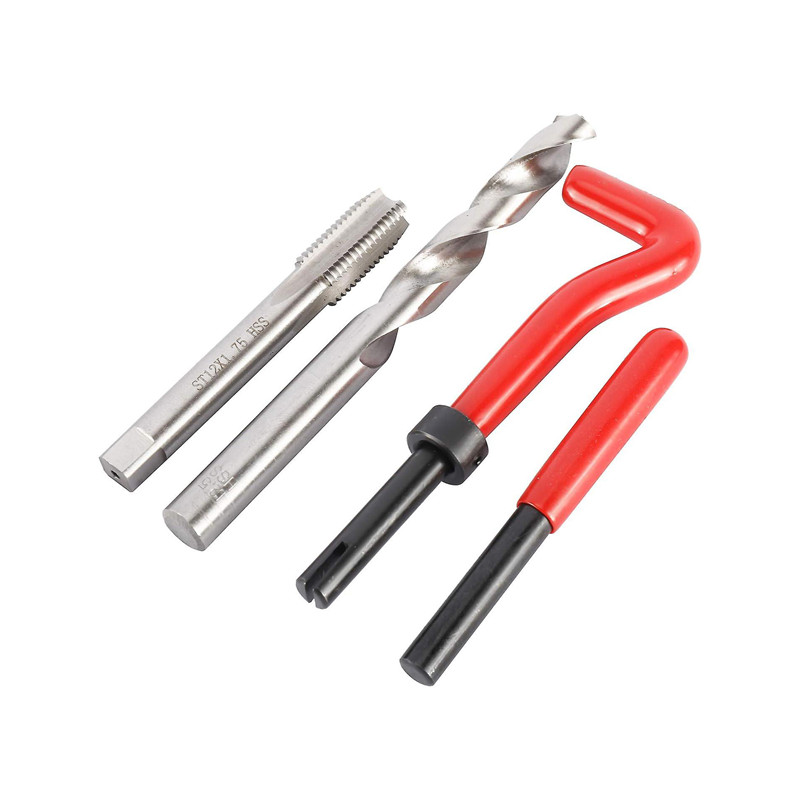Wholesale Twist drill Bit
Wholesale twist drill bits are essential tools for various drilling applications, from metalworking to woodworking. This guide explores different types, materials, sizes, and coatings of twist drill bits, helping you choose the right ones for your specific needs. It also covers maintenance tips and factors to consider when purchasing wholesale twist drill bits, ensuring you get the best value and performance.
Understanding Twist Drill Bits
A twist drill bit is a type of rotary cutting tool used to create holes in materials. It's characterized by its helical flutes, which remove chips from the hole as it drills. These bits are widely used in numerous industries and workshops due to their versatility and ease of use.
Parts of a Twist Drill Bit
- Shank: The end of the bit that is held by the drill chuck.
- Body: The main part of the bit containing the flutes.
- Flutes: The helical grooves that carry away chips.
- Point: The cutting end of the bit.
- Land: The narrow, raised portion between the flutes.
Types of Twist Drill Bits
Different types of twist drill bits are designed for specific materials and applications. Here are some common types:
Jobber Length Drill Bits
These are the most common type, suitable for general-purpose drilling. Their length provides a good balance of reach and rigidity.
Stubby Drill Bits
Shorter than jobber length bits, stubby drill bits offer increased rigidity, making them ideal for drilling in tight spaces or when precision is crucial.
Long Series Drill Bits
These bits are longer than jobber length, providing extended reach for drilling deep holes.
Aircraft Extension Drill Bits
Extremely long bits designed for aircraft manufacturing, providing maximum reach for hard-to-access areas.
Screw Machine Drill Bits
Designed for use in screw machines, these bits have a short flute length for increased rigidity and accuracy.
Materials Used in Twist Drill Bits
The material of a twist drill bit significantly affects its performance and lifespan. Common materials include:
High-Speed Steel (HSS)
HSS bits are a versatile and cost-effective option for drilling a wide range of materials, including wood, plastic, and soft metals. They offer good heat resistance but may dull faster than other materials.
Cobalt Steel
Cobalt steel bits contain a percentage of cobalt, which significantly increases their heat resistance and hardness. They are ideal for drilling hard metals like stainless steel and cast iron. Cobalt drill bits provided by Wayleading Tools are known for their durability and precision.
Carbide
Carbide bits are the hardest and most durable option, capable of drilling through even the toughest materials, such as hardened steel and titanium. They are more brittle than HSS or cobalt bits and are best suited for specialized applications.
Coatings for Twist Drill Bits
Coatings enhance the performance and lifespan of twist drill bits by reducing friction, increasing heat resistance, and improving chip flow. Common coatings include:
Titanium Nitride (TiN)
TiN coating increases surface hardness and reduces friction, making the bit more durable and efficient for general-purpose drilling.
Titanium Carbonitride (TiCN)
TiCN coating offers even greater hardness and wear resistance than TiN, making it suitable for drilling abrasive materials.
Black Oxide
Black oxide coating provides mild corrosion resistance and reduces friction, making it a cost-effective option for general-purpose drilling.
Titanium Aluminum Nitride (TiAlN)
TiAlN coating is specifically designed for high-temperature applications, such as drilling without coolant. It offers excellent heat resistance and wear resistance.
Choosing the Right Twist Drill Bit
Selecting the appropriate twist drill bit depends on several factors, including:
Material to Be Drilled
The hardness and abrasiveness of the material will determine the required bit material and coating. For example, drilling stainless steel requires a cobalt or carbide bit with a heat-resistant coating, while drilling wood can be done with an HSS bit.
Drill Size
The diameter of the hole required will determine the size of the twist drill bit needed. Drill bit sizes are typically measured in inches, millimeters, or fractional inches.
Application
The specific application will influence the type of bit required. For example, drilling deep holes requires a long series bit, while drilling in tight spaces requires a stubby bit.
Maintenance and Care
Proper maintenance and care can significantly extend the lifespan of your twist drill bits:
Cleaning
Clean the bits after each use to remove chips and debris. Use a wire brush or a solvent to remove stubborn buildup.
Sharpening
Sharpen dull bits regularly to maintain their cutting efficiency. Use a drill bit sharpener or a grinding wheel to restore the cutting edge.
Storage
Store the bits in a dry and organized manner to prevent corrosion and damage. Use a drill bit index or a storage case.
Factors to Consider When Buying Wholesale
Purchasing wholesale twist drill bits can be a cost-effective option for businesses and individuals who require large quantities. Consider the following factors:
Quality
Ensure that the bits are made from high-quality materials and manufactured to precise specifications. Look for reputable brands and suppliers like Wayleading Tools that offer consistent quality and performance.
Price
Compare prices from different suppliers to find the best deal. However, be wary of extremely low prices, as they may indicate inferior quality.
Variety
Choose a supplier that offers a wide variety of bit types, sizes, and materials to meet your specific needs. This will allow you to source all your bits from a single supplier, saving time and effort.
Supplier Reputation
Research the supplier's reputation and read customer reviews to ensure that they are reliable and provide good customer service.
Where to Buy Wholesale Twist Drill Bits
You can purchase wholesale twist drill bits from various sources, including:
- Online retailers: Many online retailers offer a wide selection of bits at competitive prices.
- Industrial suppliers: These suppliers specialize in providing tools and equipment to businesses and offer bulk discounts.
- Direct manufacturers: Purchasing directly from the manufacturer can often result in the lowest prices.
Troubleshooting Common Drilling Problems
Even with the right bits, drilling problems can occur. Here are some common issues and how to address them:
Bit Walking
This occurs when the bit wanders off the intended starting point. Use a center punch to create a pilot hole and ensure the bit is properly aligned.
Overheating
Excessive heat can damage the bit and the workpiece. Use coolant or cutting fluid to dissipate heat and reduce friction.
Chip Clogging
Chips can clog the flutes and prevent the bit from cutting efficiently. Use a pecking motion to clear the chips and ensure proper chip flow.
Bit Breakage
Bits can break due to excessive force, incorrect speed, or drilling hard materials. Use the correct speed and feed rate, and choose a bit made from a suitable material.
Conclusion
Choosing the right wholesale twist drill bits involves considering several factors, including the material to be drilled, the required hole size, and the specific application. By understanding the different types, materials, and coatings available, you can select the bits that best meet your needs and ensure optimal performance and longevity. Remember to properly maintain and care for your bits to extend their lifespan and maximize your investment.
Related products
Related products
Best selling products
Best selling products-
 ANSI B94 HSS Jobber Length Drill Bits Fully Ground
ANSI B94 HSS Jobber Length Drill Bits Fully Ground -
 Digital Depth Gauge With Stainless Steel For Industrial Type
Digital Depth Gauge With Stainless Steel For Industrial Type -
 DIN338 HSS Twist Drill Bit Fully Ground Or TiN Coated
DIN338 HSS Twist Drill Bit Fully Ground Or TiN Coated -
 HSS Metric Plain Metal Slitting Saws For Industrial
HSS Metric Plain Metal Slitting Saws For Industrial -
 Precision Dial Indicator Gage For Industrial With Jeweled
Precision Dial Indicator Gage For Industrial With Jeweled -
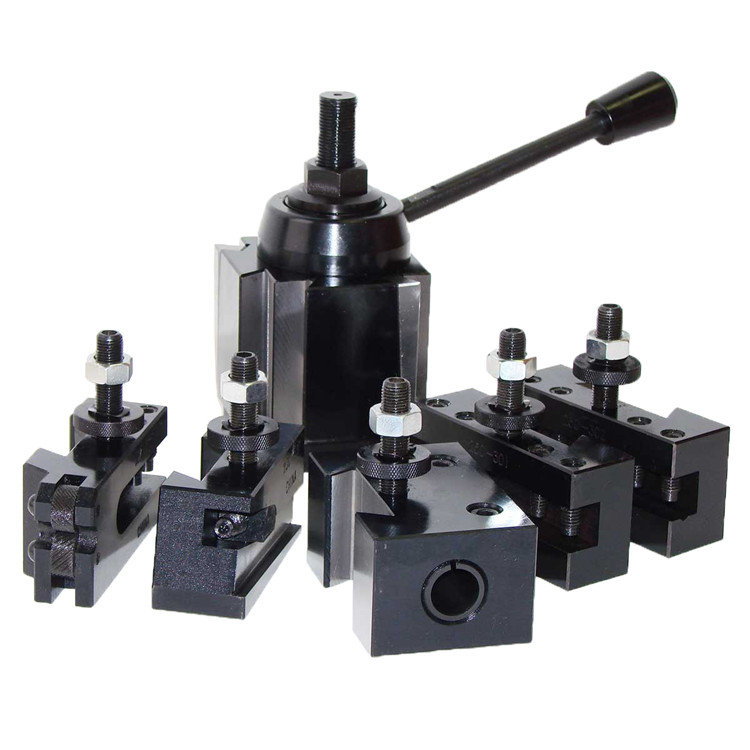 Wedge Type Quick Change Tool Post Set In lathe Machine
Wedge Type Quick Change Tool Post Set In lathe Machine -
 5C Round Collet With Inch and Metric Size
5C Round Collet With Inch and Metric Size -
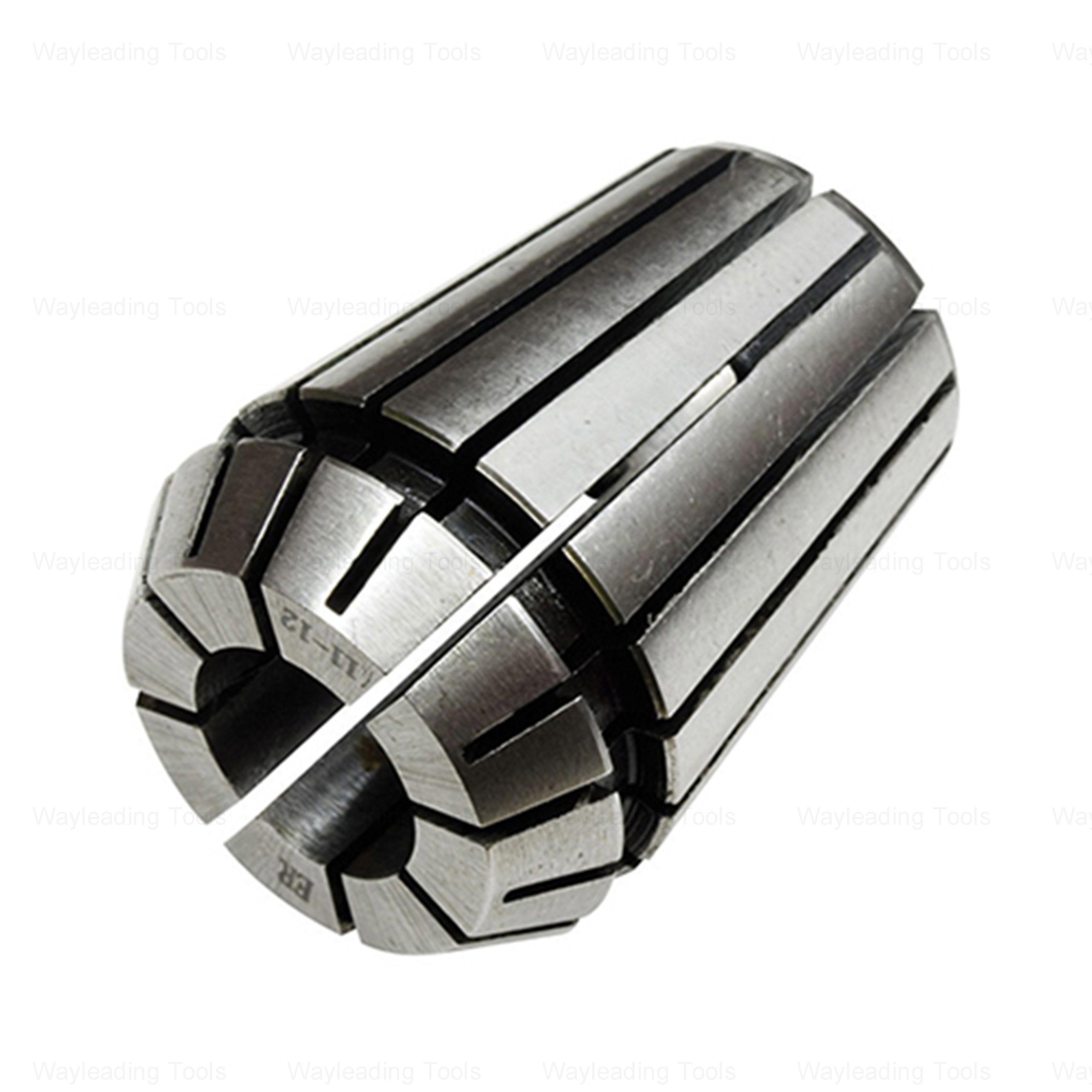 Metric ER Collets – High Precision, for Milling Applications
Metric ER Collets – High Precision, for Milling Applications -
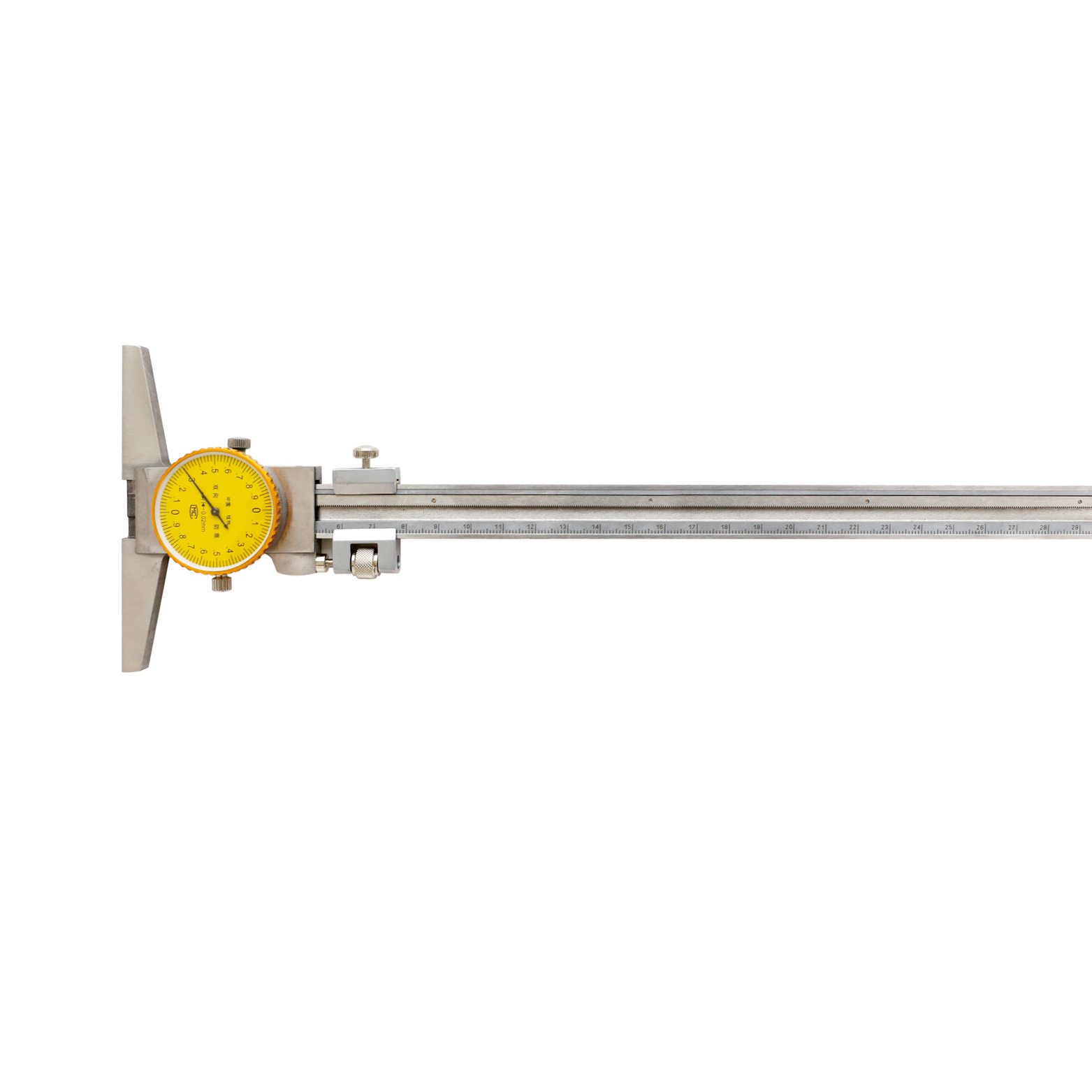 Dial Depth Gauge With Stainless Steel For Industrial Type
Dial Depth Gauge With Stainless Steel For Industrial Type -
 Stub Milling Machine Arbor With NT, R8 and MT Shank
Stub Milling Machine Arbor With NT, R8 and MT Shank -
 3 Flutes HSS Chamfering Countersink Drill bitl With 60 And 90 Degree
3 Flutes HSS Chamfering Countersink Drill bitl With 60 And 90 Degree -
 Metric HSS Annular Cutters With Weldon Shank For Metal Cutting
Metric HSS Annular Cutters With Weldon Shank For Metal Cutting

